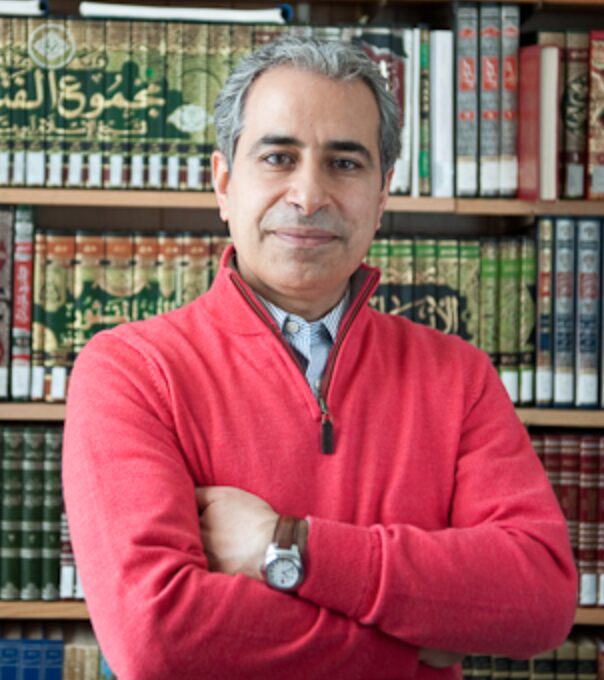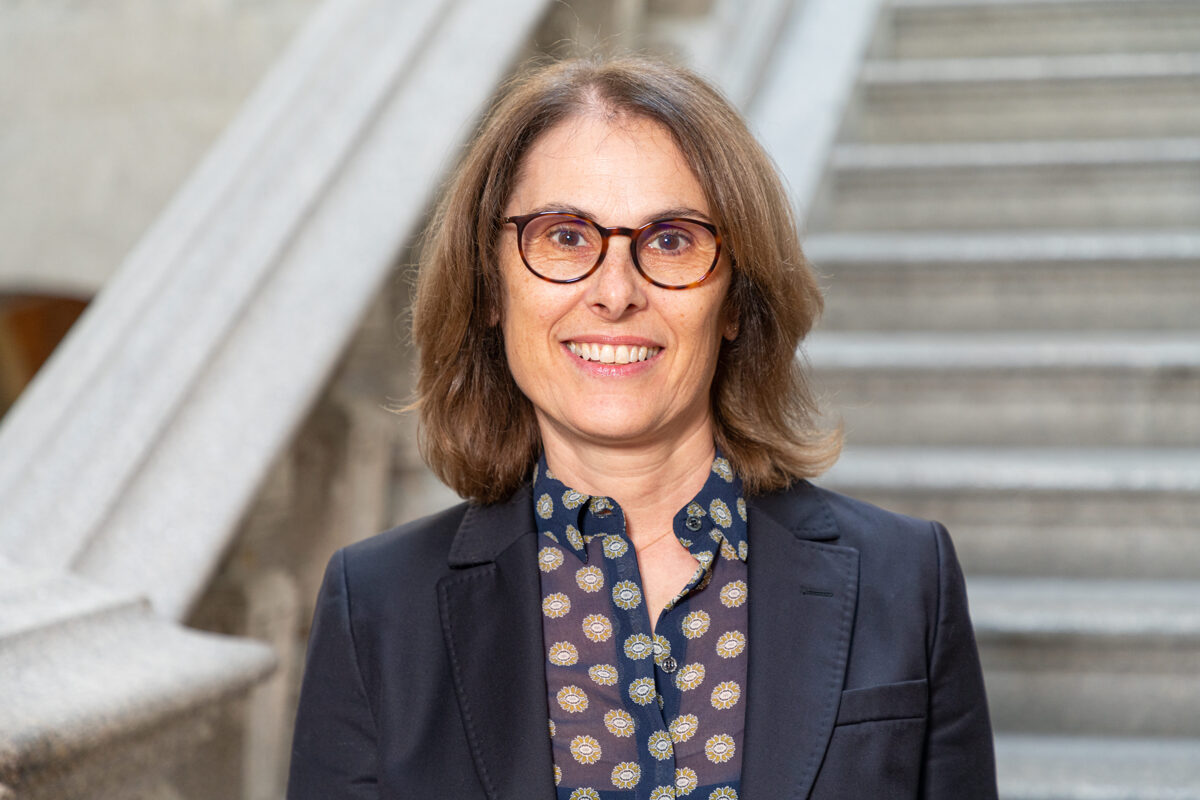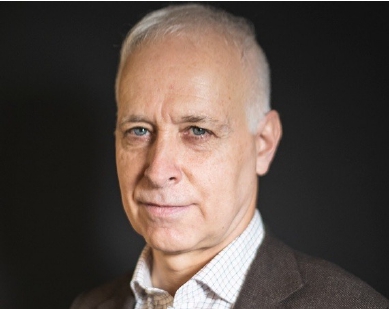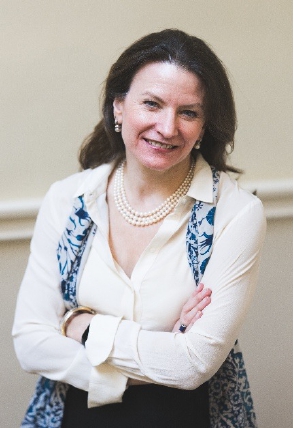PAULA PINTO COSTA
is professor of Medieval History at the Faculty of Arts and Humanities of the University of Porto, researcher at CITCEM Center (FLUP/UP).
Portugal between politics and religion: alternatives to the medieval crusade
Although older historiography has spread the idea that Portugal was a crusading territory, more recent approaches, based on a more analytical and critical sense of documentary sources, are reluctant to accept this claim. Today's territory corresponding to Portugal was seen as a crusading territory due to the originality of its political constitution process, which involved its military affirmation and taking up the fight against the so-called Infidel, with a substantial impact on the definition of its identity. This historiographical perspective favoured confusion between the two phenomena of crusade and reconquest. The papacy transferred crusading rights to the monarchs, making applying resources to the reconquest possible. Due to its geographical position in the far west of Europe, this territory played a central role in the broad and complex history of the crusades. Portugal was a unique alternative to the medieval crusades. A diachronic approach will deepen the interpretation of this phenomenon and place it within the broad Mediterranean experience of communication and intercultural contacts.
 SULEIMAN MOURAD
SULEIMAN MOURAD is the Myra M. Sampson Professor of Religion & Middle East Studies at Smith College, (MA, USA).
Muslim Women Leadership Roles: Movers and Shakers in 12th & 13th Centuries Levant
Shortly after the defeat of Louis IX and his Crusade against Egypt, Shajar al-Durr was declared in May 1250 as ruler (sultana) of the Ayyubid state. This was an unprecedented accomplishment for a Muslim woman, at least at such a level, given the importance of the Ayyubids in the eastern Mediterranean and Red Sea regions. Yet, an examination of the period leading to that reveals that some Muslim women, especially in Egypt and Syria, attained significant social and scholarly status, and left their marks on education and religious life, architecture and urban design, city politics, and other matters. Shajar al-Durr could have accomplished an unprecedented feat, but she was not alone. My talk will focus on some of these Muslim women from the 12th and 13th centuries, the world they lived in and navigated which was partly shaped by the Crusades, their achievements and contributions, and the legacy they left behind
aleks pluskowski
is professor of Medieval Archaeology at the University of Reading.
Shifting frontiers: The impact of crusading and conquest on the cultural landscapes of Iberia and Occitania.
His talk will compare historical territories within Spain and Pyrenean France, encompassing two important periods of conquest and territorial annexation connected with the broader crusading movement: the Christian conquests of Islamic Iberia and the French annexation of Occitania following the Albigensian Crusade. Using the lens of the cultural landscape, it will explore to what extent crusading, conquest and migration transformed these societies. Whilst the Pyrenees remained an enduring frontier, Iberia became defined by shifting borderlands and incremental annexations, which transformed frontiers into heartlands and created new frontiers between expanding Christian states. By examining the material evidence of settlements alongside the shifting political, economic, and religious landscapes of these regions, this talk will explore how and why the character of frontier societies affected by crusading varied across the Western Mediterranean.


 cecilia gaposchkin
cecilia gaposchkin ©2025-2026 Joana Lencart & Carla Sequeira / FLUP
©2025-2026 Joana Lencart & Carla Sequeira / FLUP